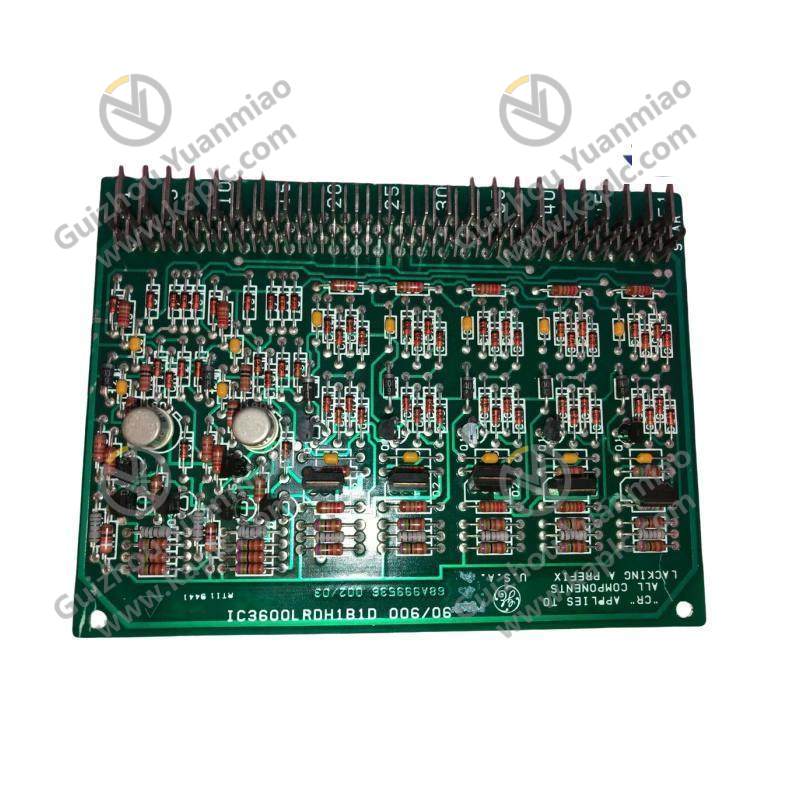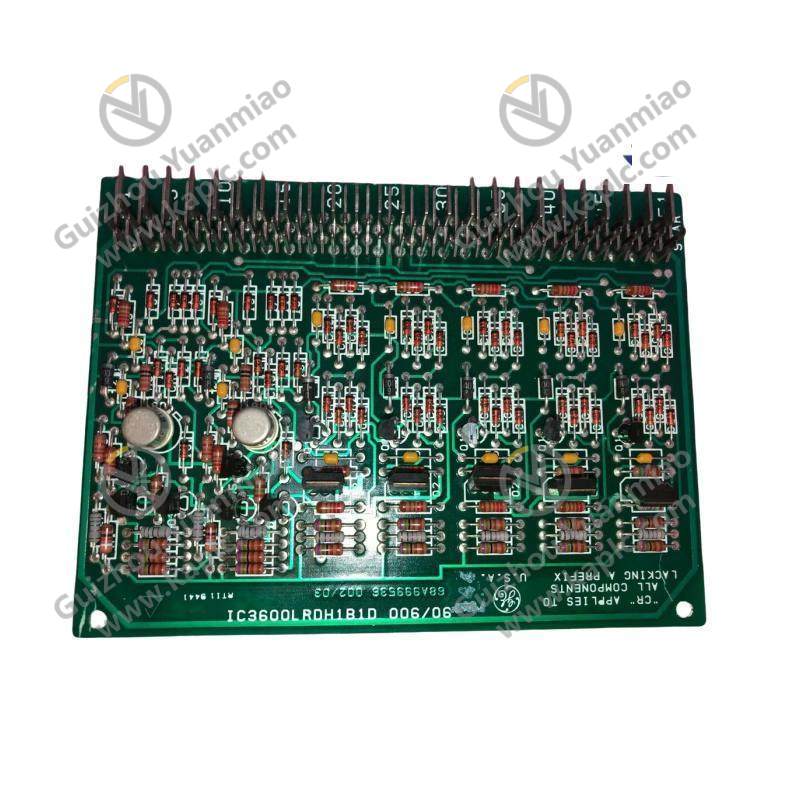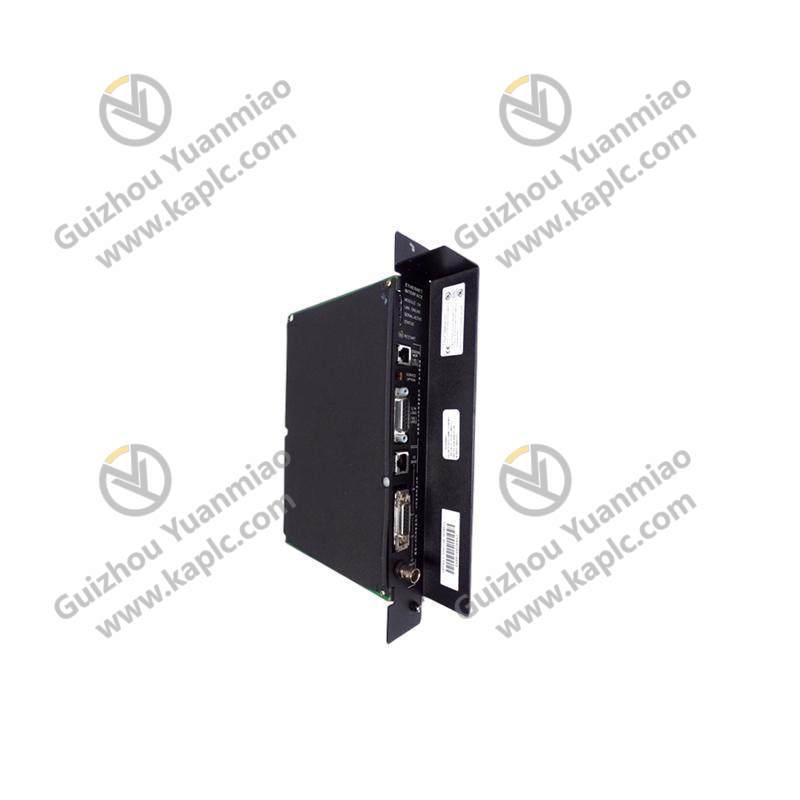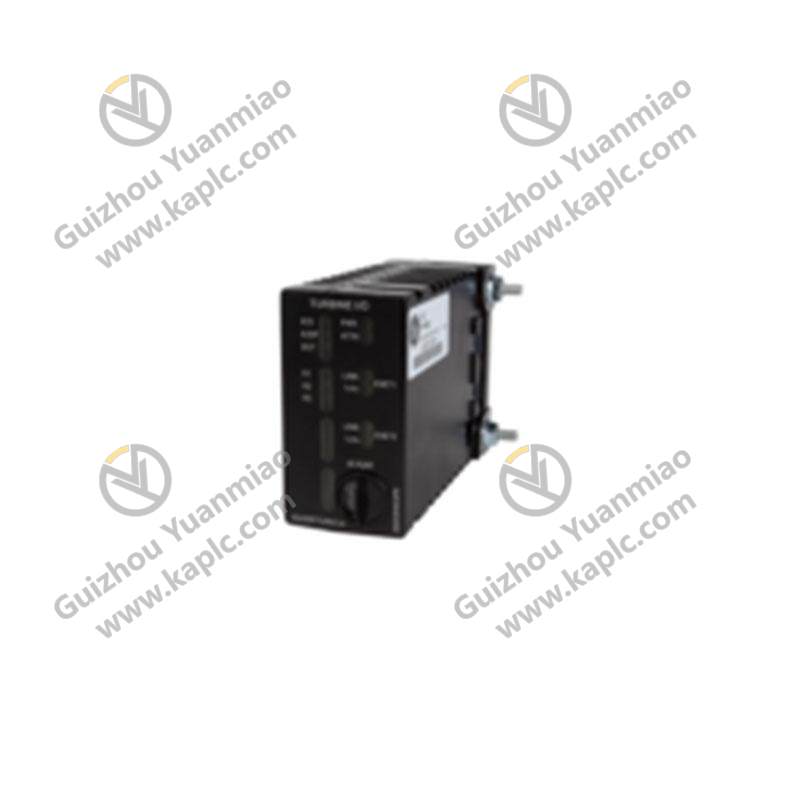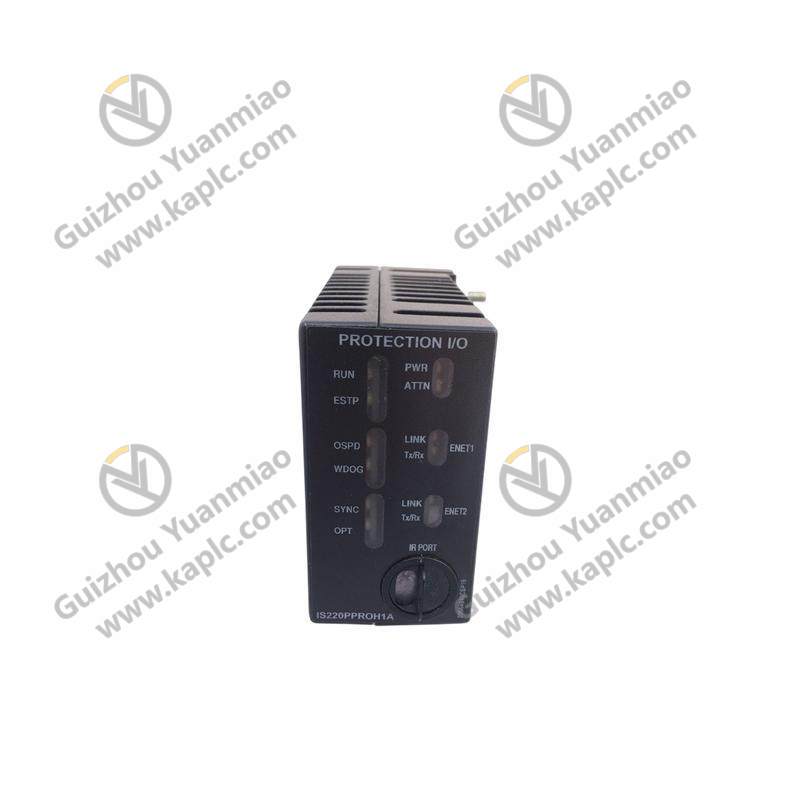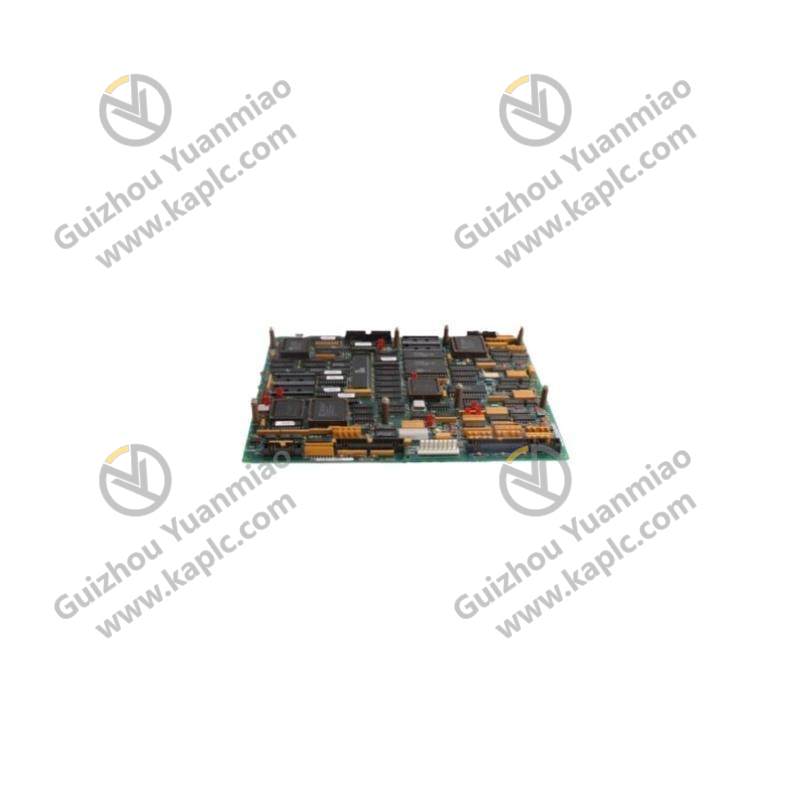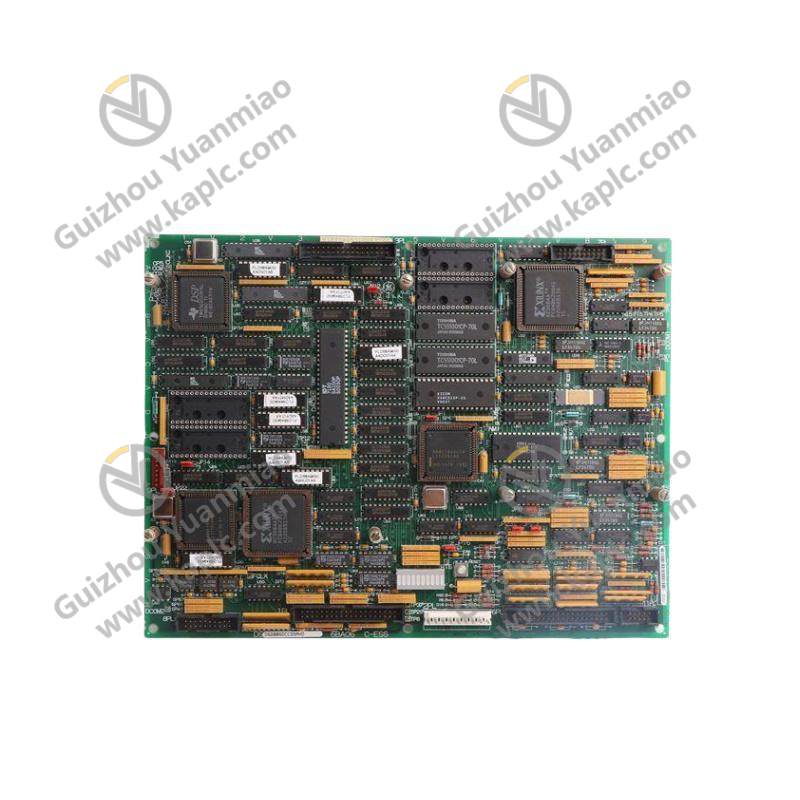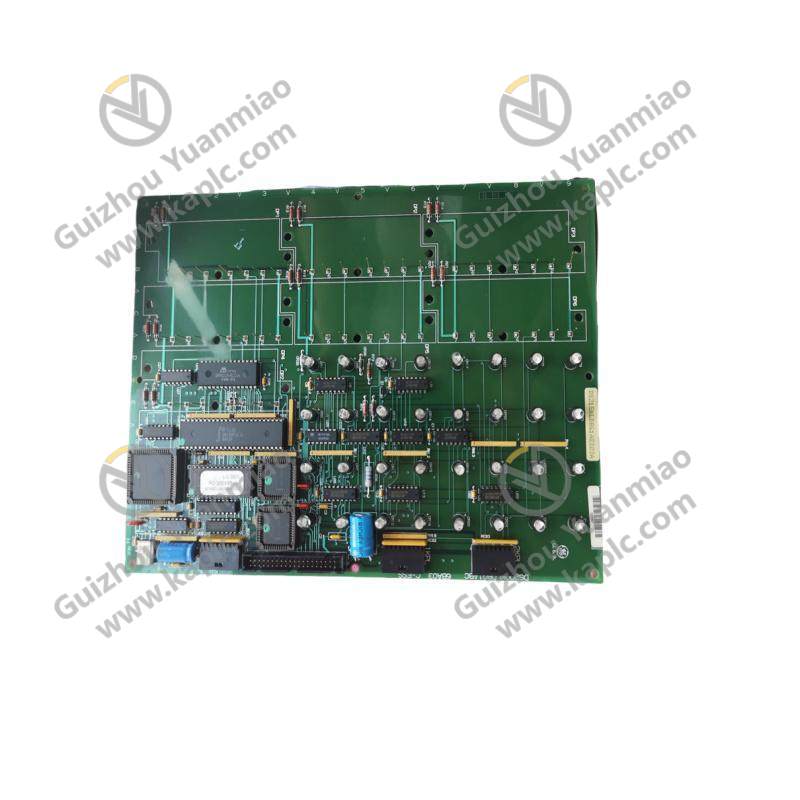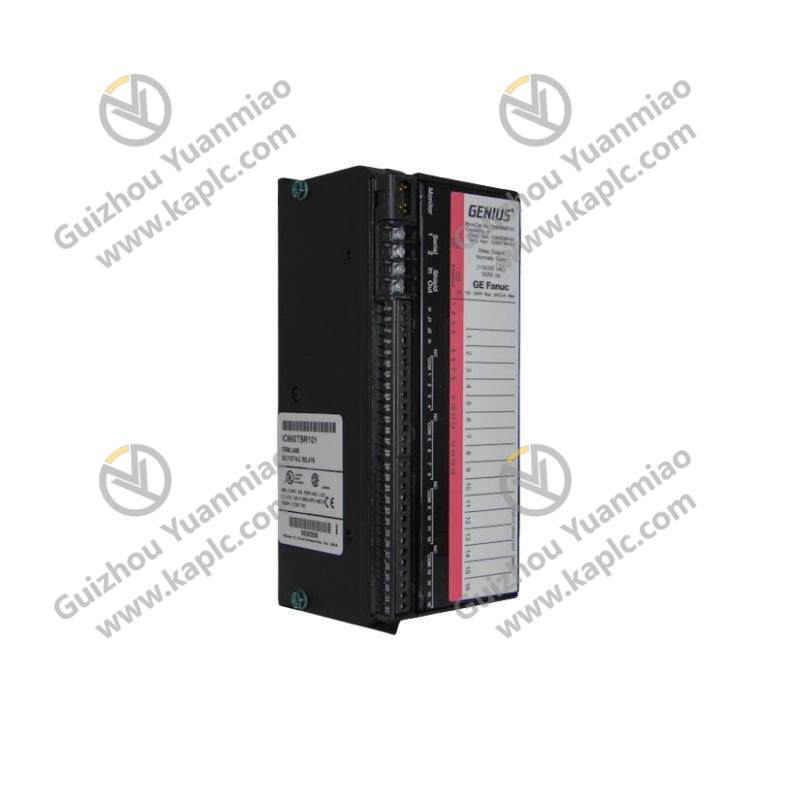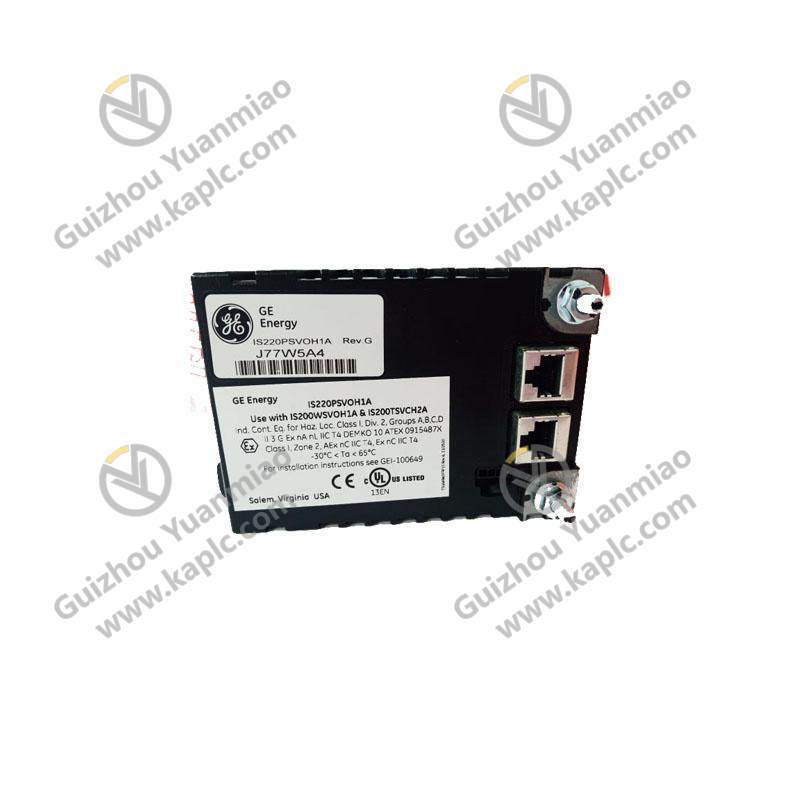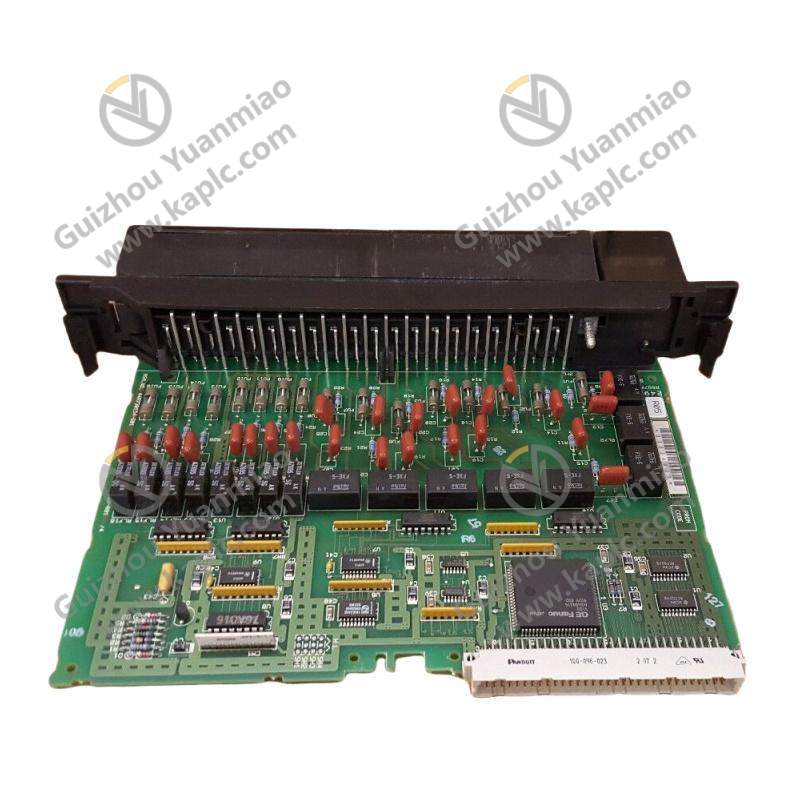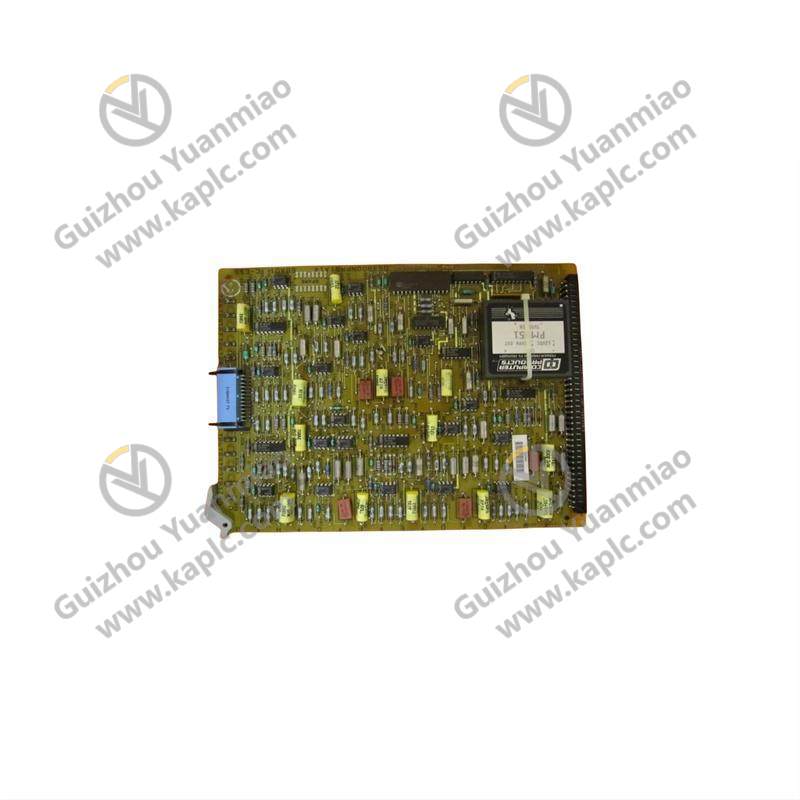GE IC3600LRDH1B1D: Advanced Relay Driver Card for Mark I/Mark II Series, Designed for Scalable and Adaptable Power Station Management
Operating System Compatibility:Mark I/II Gas/Steam Turbine Management
Module Type:Relay Driver Card
Model Number:IC3600LRDH1B1D
Brand:GE FANUC
Power Rating:Up to 400 MW combined cycle rating
Temperature Control:Redundant design for improved reliability
Speed Control:Built-in redundancies for enhanced system stability
Dimensions (WxDxH):Specific dimensions as per OEM standards
Material Coding:IC3600LRDH1B1D
The GE IC3600LRDH1B1D Relay Driver Card is engineered for seamless integration into GE's pioneering Speedtronic electric control systems, specifically tailored for the Mark I and Mark II series. This cutting-edge technology ensures that power stations can operate at optimal efficiency across a wide range of capacities, from smaller single-unit systems of 4000 HP to larger, combined cycle installations rated up to 400 MW.
This component boasts an impressive operating temperature range of -40°C to +70°C, making it suitable for deployment in extreme environmental conditions worldwide. Its 12 VDC input ensures compatibility with a variety of power sources, while the maximum output current of 1 A per channel supports versatile applications.
Notably, the IC3600LRDH1B1D features robust redundancies in its speed and temperature control mechanisms. This design choice significantly enhances the reliability and uptime of critical power station operations, ensuring minimal downtime and maximum productivity.
Certified to UL/CE/FCC standards, this Relay Driver Card adheres to strict safety and quality regulations, providing peace of mind to operators and users alike. It is meticulously designed for ease of installation and maintenance, minimizing the need for specialized expertise and reducing operational costs.
Investing in the GE IC3600LRDH1B1D Relay Driver Card means embracing a future-proof solution for your power station management needs. This advanced technology not only optimizes performance but also aligns with the evolving demands of modern industrial control systems, setting new benchmarks for reliability, efficiency, and sustainability.
